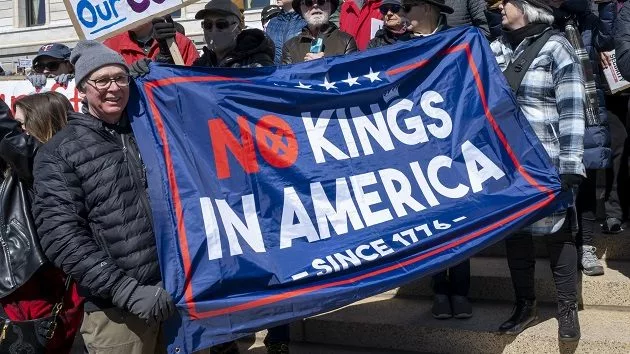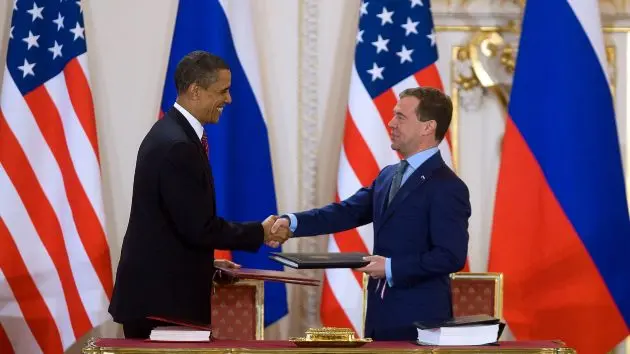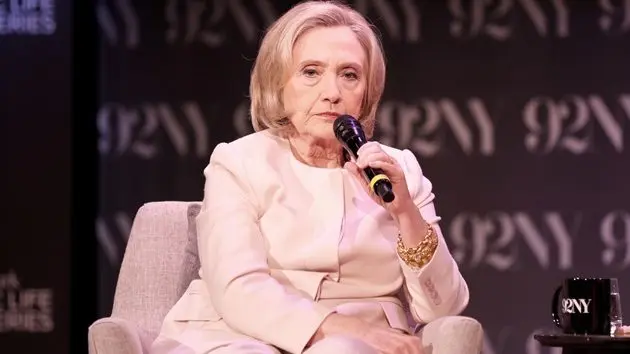
(WASHINGTON) — Thousands of “No Kings Day” protests are set to be held throughout the country on Saturday to protest President Donald Trump’s administration and to counterprogram the military parade in Washington, D.C., marking the U.S. Army’s 250th birthday.
Here’s what to know about the protests.
What is the idea behind “No Kings Day”?
“‘No Kings Day’ is the largest single-day, peaceful protest in recent American history, made up of millions of normal, everyday Americans who are showing up in more than 2,000 communities around the country to say, ‘we don’t do kings in America,'” Ezra Levin, the co-executive director of progressive organizing group Indivisible, told ABC News on Thursday.
Indivisible and other organizations involved with the coalition coordinating the protests have said that the protests are meant to protest what they say is overreach by the Trump administration on immigration enforcement and deportations, civil rights and cuts to the federal government.
They’ve also pointed to how the military parade is being held on Trump’s birthday. Trump has denied any connection between the parade’s timing and his birthday, pointing to how June 14 is Flag Day.
The groups coordinating the protests originally announced the initiatives in early May, after reports of the upcoming military parade, but organizers have said that the protests against immigration enforcement in Los Angeles and the response from the federal government have driven much more interest to the events.
Where and when will the protests be?
The protests will be held across the country and even beyond the United States, with a flagship event held in Philadelphia. Levin told ABC News there are now more than 2,000 events planned “just about everywhere, everywhere but downtown D.C. — intentionally so.”
According to Levin, the organizers did not want to give Trump a rationale to retaliate against peaceful protests in D.C. or to say that the protesters were protesting the military.
“We are ceding downtown D.C. Trump can have it for that day, and instead, we’re organizing literally everywhere else,” Levin said.
Most of the protests around the country will be held in the morning, ahead of the parade. Some in the western part of the country may occur concurrently with the parade, which is set to kick off at 6:30 p.m. ET.
What has Trump said about the protests?
Asked on Thursday about his thoughts on the “No Kings” protests planned across the country for Saturday, Trump said he did not feel like a king.
“I don’t feel like a king. I have to go through hell to get stuff approved,” he said.
“A king would say, ‘I’m not gonna get this’… he wouldn’t have to call up Mike Johnson and Thune and say, ‘Fellas, you got to pull this off’ and after years we get it done. No, no, we’re not a king, we’re not a king at all,” he added, referencing the Speaker of the U.S. House of Representatives and Senate Majority leader, respectively.
Trump, on Tuesday, had threatened to use “heavy force” against “any” protesters at the military parade in the nation’s capital; White House press secretary Karoline Leavitt later said that “of course” the president supports peaceful protestors. Organizers of the No Kings protests have continuously emphasized they are not planning protests in Washington.
Are there safety concerns surrounding the protests?
Organizers have emphasized that the protests should remain peaceful and nonviolent, pointing to various trainings they’ve held this week about safety and deescalation.
Levin said there were some concerns about outside agitators trying to disrupt protests, but he said people shouldn’t feel “as if we’re going into battle. That’s not what this is about. This is peaceful protest. People are going to have funny signs, people are going to be dancing, people are going to be chanting, people are going to be expressing their First Amendment rights.”
At least two states, Texas and Missouri, have said they are calling up the National Guard in their states as a precaution against the potential for any violence at protests on Saturday. The governors of both states affirmed that peaceful protests are legal.
What comes next?
The events on Saturday are not meant to be the be-all end-all of the groups’ efforts to protest the Trump administration, Levin said.
“I think sometimes folks think a protest has to be everything. It’s got to solve all your problems … We need persistent, peaceful, people-powered organizing them on the ground in blue states, red states and purple states that allow people to push back against the escalating overreach from this administration,” Levin said.
ABC News’ Hannah Demissie, Lalee Ibssa and Kelsey Walsh contributed to this report.
Copyright © 2025, ABC Audio. All rights reserved.


